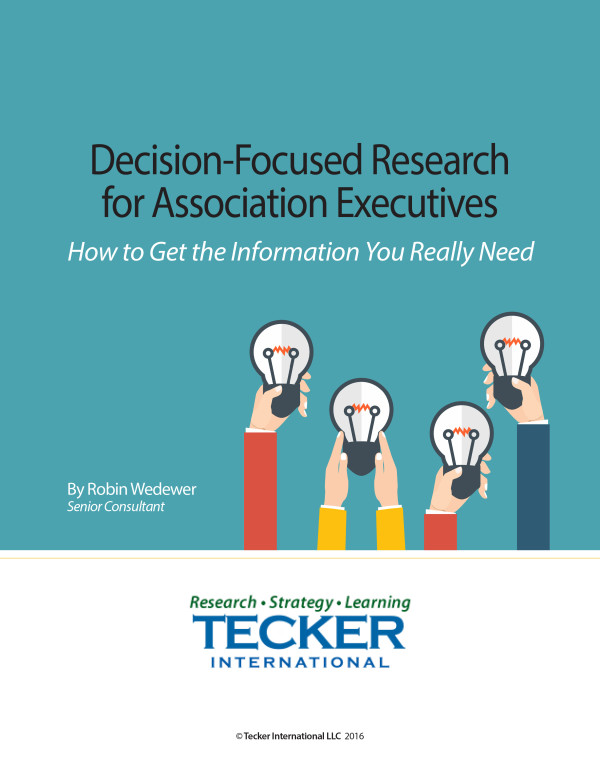This case has a lot of people talking. I was recently asked about the Executive Director’s decision to confront the employee directly. And more generally, how should an executive director handle an urgent ethical/criminal problem.
There is really no question about what to do here. First, consult the organization’s attorney. Second, notify the officers. Third, notify the board of the course of action you are taking upon advice of Counsel.
Of course, the deeper issue is what allowed the issues to happen in the first place. We always assume the board was unengaged. But we’ve also seen scandals where boards have taken an adversarial relationship with staff rather than a consultative partnership. We saw an uptick in such posturing after SOX was applied to nonprofits. It’s often counterproductive.
Abuse occurs where information is withheld and there are secrets. Information is far more likely to be withheld and secrets are far more likely to be held in an adversarial culture than in a consultative partnership between the board and senior staff.

